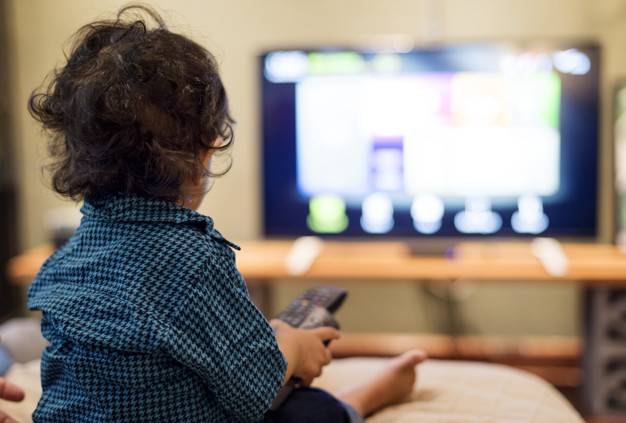News

23 Oct 2018
All about Myopia
Myopia- what!!
Shortsightedness or myopia is a very common eye problem that makes it difficult to see things at a distance. Myopia usually occurs because the eyeball grows excessively in childhood and is longer than normal. This causes light rays to focus at a point in front of the retina, leading to blurred vision.
But my child has never complained of blurred vision!!
Children do not complain about poor vision simply because they don’t realize that they are seeing any differently from us! The vision they have is normal according to them. This is why a complete eye check is necessary at 3-4 years of age for all kids. Children who are born prematurely, with low birth weight, have delayed milestones, delayed visual development, neurological abnormalities and a family history of eye problems may need an even earlier check-up.
Signs and symptoms include difficulty in copying from the blackboard, going close to the T.V., squeezing, redness, rubbing the eyes, eye strain, and headaches.
Nobody in the family wears glasses! How did this happen to my child?
There are many causes for developing myopia and heredity is just one of them. The prevalence of myopia varies from 1% in Nepal to 42% in China and is steadily increasing in urban populations across the world due to changing lifestyle patterns. Approximately 15% of school-going children in Delhi are myopic.
Why should increasing myopia concern us?
People with high myopia (-5.00 DS or higher) are at a risk of associated serious eye problems including glaucoma, retinal detachment and choroidal neovascularization which can lead to a permanent loss of vision.
What can we do to prevent the onset or progression of myopia?
Multiple studies have shown that children who spend more time indoors reading, writing, watching T.V., playing games on tablets, computers and mobile phones are more likely to develop myopia and have a faster rate of progression. The American Academy of Paediatrics suggests limiting screen use to 1 hour per day in younger children and making sure that screen use does not affect getting adequate sleep and physical activity.
One of the best things you can do is to send your kids out to play everyday. Recent research suggests that spending more time outdoors may significantly help in reducing the progression of myopia. No particular outdoor activity is better than the other. So, let them run in the park, play on the swings, join a soccer group or just jump on a trampoline !
That is all very well, but isn’t there any medicine or surgery which can help?
There is a lot of recent research in this field. Promising solutions include a dual focus soft contact lens which may reduce the progression and orthokeratology. However, the child must be thoroughly evaluated before any treatment.
To learn more, call us +91-11-41633999 or click here https://www.shroffeyecentre.com/contact/
To know more about Dr. Varshini Shanker, our pedicatric ophthalmology specialist, click here https://bit.ly/2Hetaqs.
Sort By
- Speciality +
- Neurophthal
- Cataract & IOL Surgery
- LASIK ( Refractive Surgery )
- Cornea
- Dry Eye
- Retina & Vitreous
- Glaucoma
- Neuro - Ophthalmology
- Squint & Orthoptics
- Pediatric Ophthalmology
- Uvea & Ocular Inflammation
- Orbit & Oculoplasty
- General Ophthalmology
- Contact Lens & Low Vision Aids
- Conjunctivitis
- Contact Lens
- Diabetic Retinopathy
- Age Related Macular Degeneration
- Cataract
- Location +




 Call Now
Call Now Book an
Book an Chat
Chat